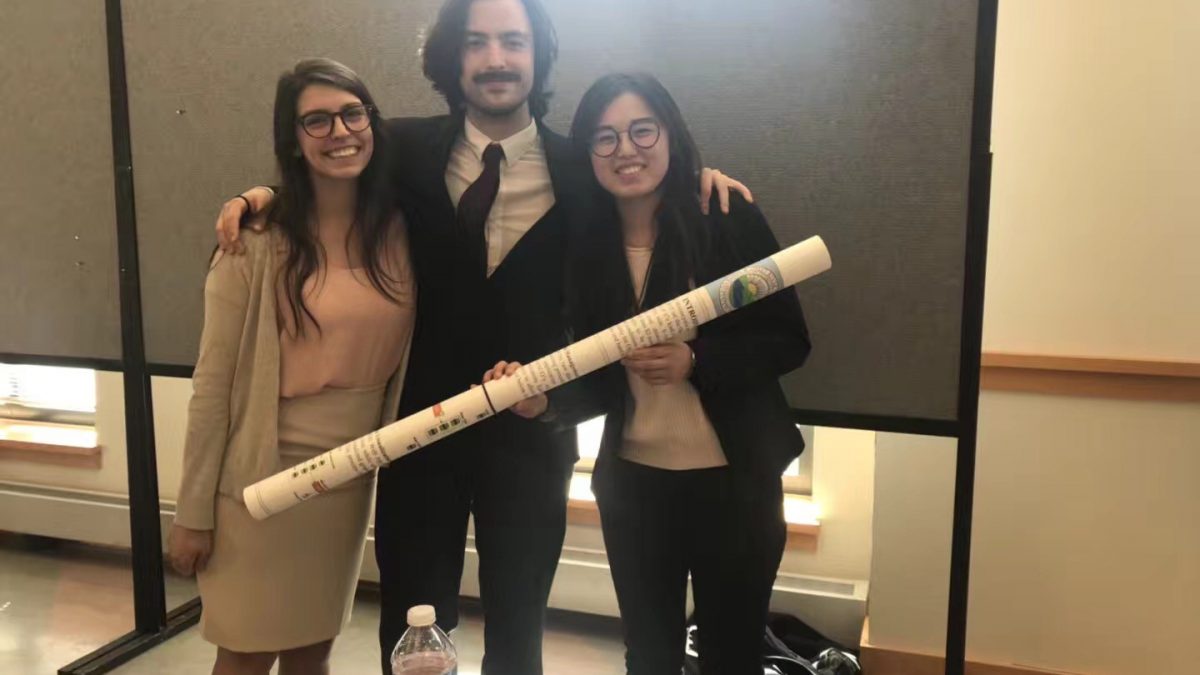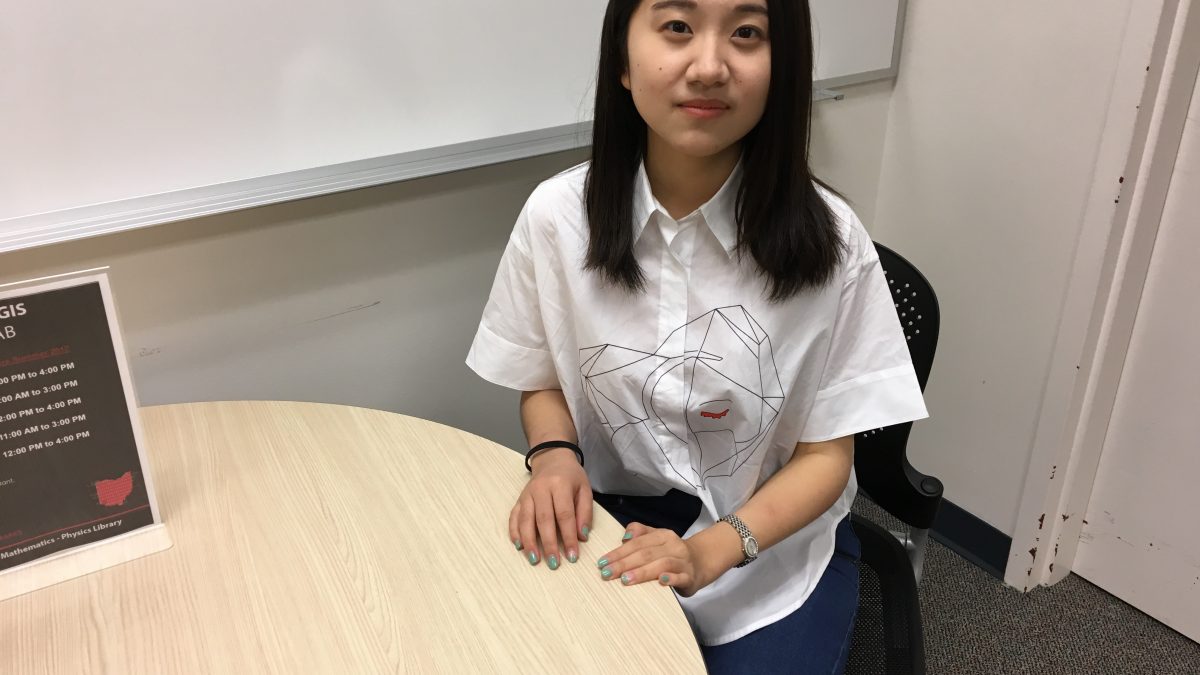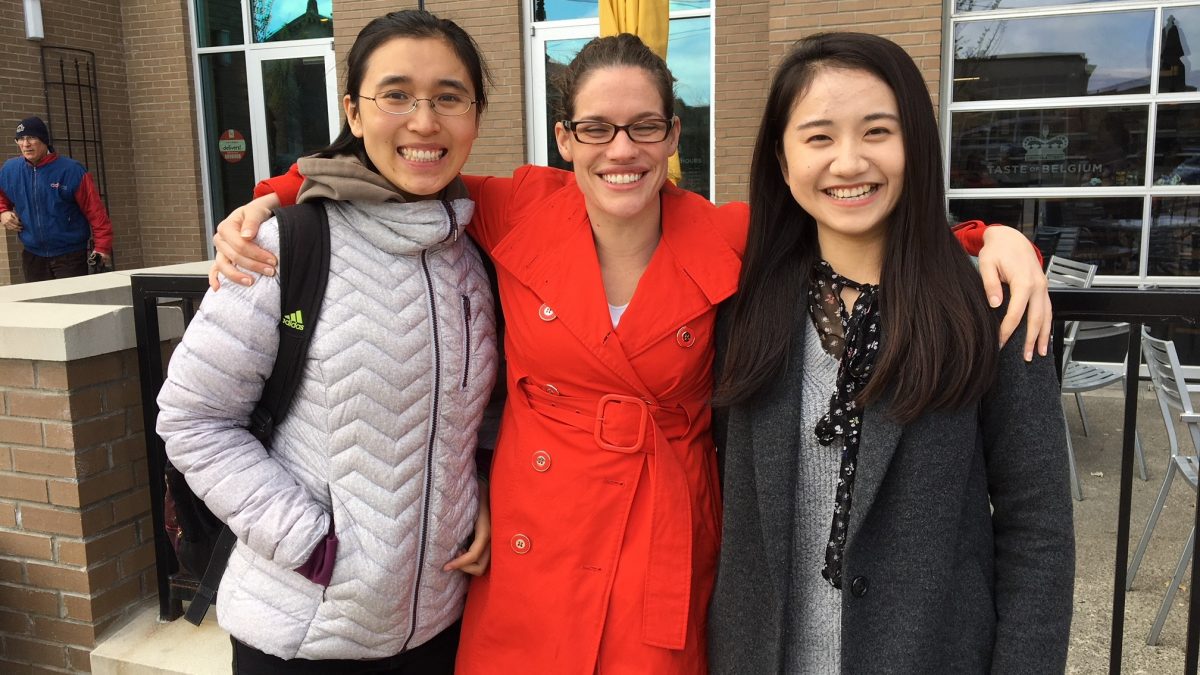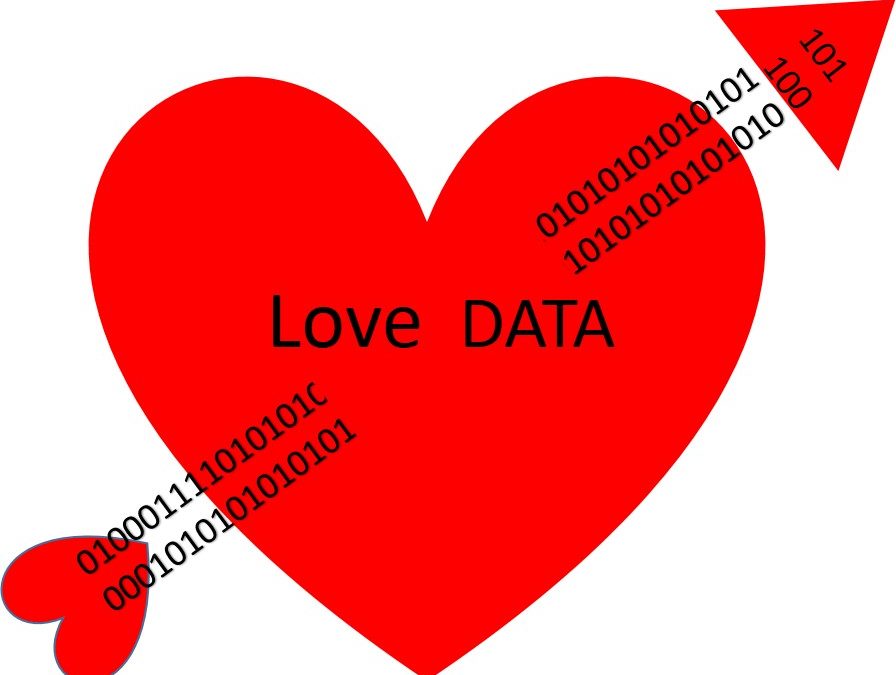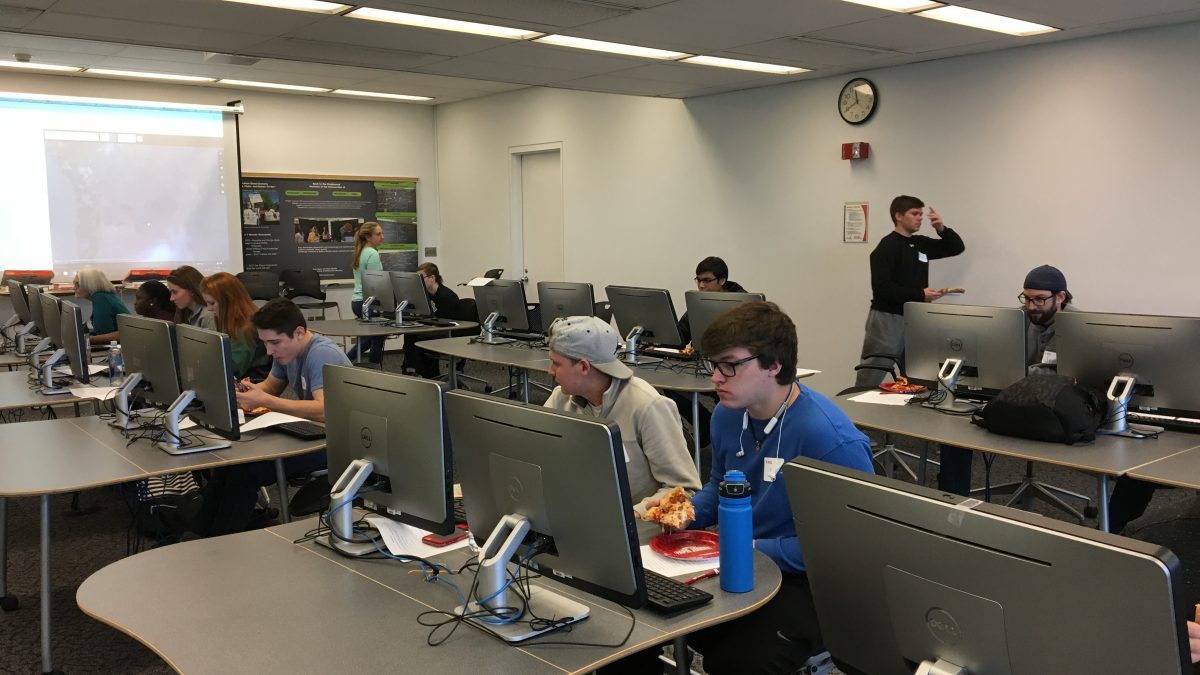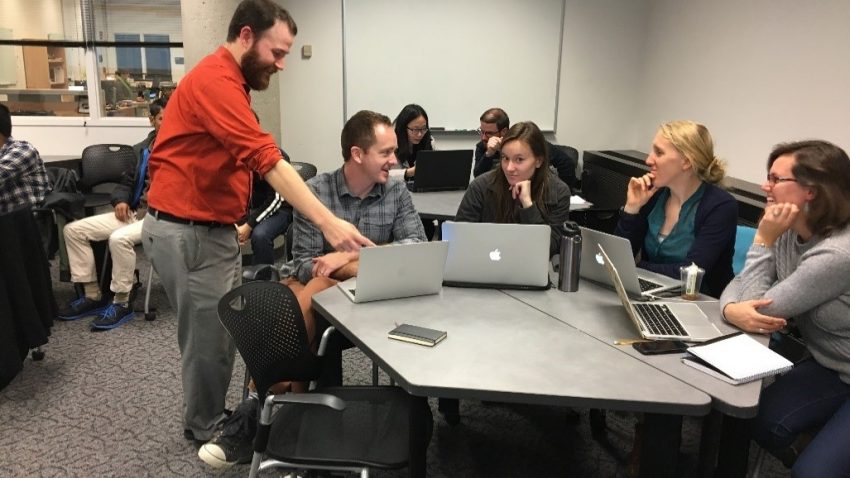Welcome back to campus! As you begin to plan out your research projects or continue on going research, you may find a need to tie down all the working parts of your projects. One tool that can help you is the Open Science Framework. This tool developed by the Center for Open Science is a easy to use platform that allows you to create a structure to organize projects, invite collaborators, share within your research group and with the research community at large. The mission of the COS is to promote transparency and reproducibility in research through practice and resource development. Though the words open and science appear in the name, the projects you manage within the OSF are private from the start and made only public if you choose to share. And you can share a part or all of the project as you wish. And it is not just a STEM platform. Any group needing to organize a project can use the OSF. UC has a dedicated portal to the OSF at https://osf.uc.edu .
Over the next few weeks, stop back to Liblog to learn more about how UC researchers are using the OSF to facilitate their research projects.

